
Diana Weber
Lawyer of international law
Rating:
10
March
Malta Permanent Residence: How to Relocate and Start a New Life
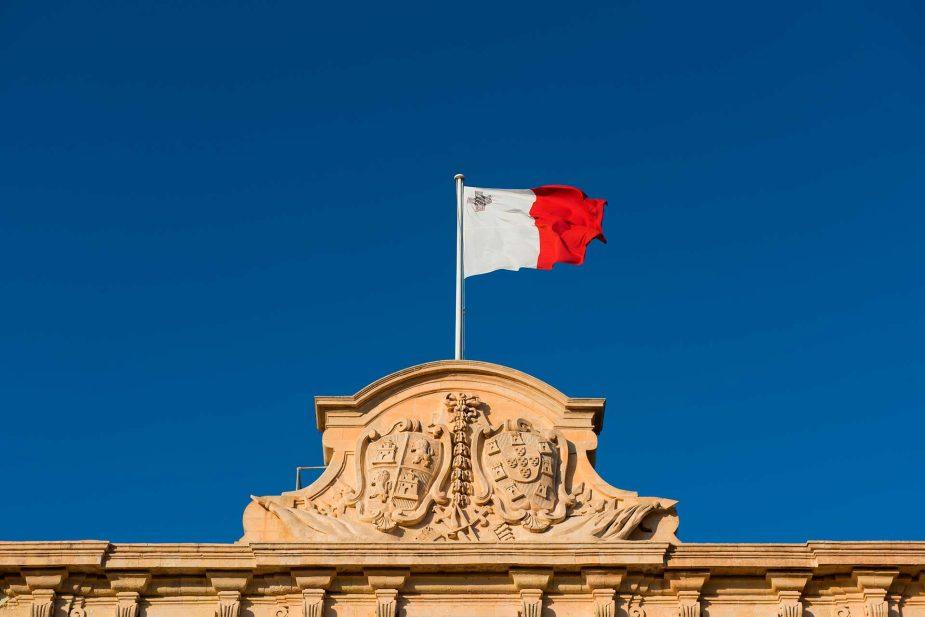
Maltese residence permit is a permanent resident card, with which you can stay on the island without time restrictions and additional conditions. With this document you get the right to officially work, open and expand business in the state, enjoy social guarantees, participate in grant programs. A permanent residence permit is usually issued after 5 years in the country with a temporary residence permit. There is also a program MPRP (Malta Permanent Residence Program), whose participants immediately receive a permanent residence permit for investment in the island's economy.
Immigration lawyers will help you to choose the best way to move to Malta. Free consultation with Immigrantinlaw specialist will accelerate the process and avoid unnecessary costs and stress.
The Republic of Malta is a popular tourist country in Southern Europe, located on an island in the Mediterranean Sea. It offers the most comfortable living conditions due to the warm subtropical climate, proximity to the coast from anywhere on the island, and affordable prices. The cost of living index, according to Numbeo, is only 48.29 points, which is “low”. The country's strengths also include affordable healthcare and a low crime rate.
Immigration to Malta is often chosen by those who work remotely, receive passive income or develop their own business. The state encourages the influx of financially secure foreigners by issuing residence permits and granting citizenship in an accelerated procedure. For example, you can buy real estate on the island and immediately get a residence permit.
The number of people wishing to move to Malta for permanent residence increases every year, so the population of the country is characterized by multinationality, ethno-cultural and religious diversity. At the same time local laws and norms of the European Union suppress any form of discrimination against immigrants. English is the second official language here, which makes adaptation as easy as possible for newcomers from different parts of the world.
In addition to the advantages of moving to Malta, it stands to mention the disadvantages, the main ones are the lack of high-paying jobs and complicated logistics. The country is very small, so it is not easy to find a promising job here, but you can successfully develop your business, especially in trade, services and tourism. Malta is an island archipelago, that means that it`s possible to get to other countries only by air or to by the sea, which is not cheap.
Submit an application form and we'll get back to you!
The first step in moving to Malta is to obtain a temporary residence permit. The exception is investors participating in the MPRP program - they are immediately granted permanent residency. In 2025 you can apply for a residence permit on the following popular grounds:
Malta is one of the few countries of the European Union, where you can immediately get a residence permit in exchange for investment in the local economy. Permanent residency is granted without knowledge of the national language, passing an integration exam and prior opening of a residence permit. MPRP program is valid for citizens of countries outside the EU and EEA, excepting such as a number of African states, Russia and Belarus (as of 2025).
You can go to Malta for permanent residence as an investor if you meet the following requirements:
If you plan to move to Malta with dependents (for example, a child), you must also pay an administration fee of 10,000 EUR for each of them. The property to be rented or purchased must be yours for a minimum of 5 years.
It can be much cheaper and easier to immigrate to Malta with a passport from any of the EU countries. EU citizens do not have to look for a reason to move to the island, provide income information and go through complicated formal procedures to register residency. Find out at our free legal consultation about current programs to obtain an EU passport in as little as 4-12 months.
To move to Malta, you need to find an immigration ground. Then to apply for a residence permit through Identità's online service, wait for a decision and open a D visa. The entry permit is issued at a consulate/embassy or visa application center (VAC). With the visa you fly to the island, where you make an appointment at Identita to apply for a residence permit. You arrive on the appointed day, submit your biometric data and then wait 10 working days for your residency card to be issued.
For the next 5 years you will need to live in Malta and regularly renew your residence permit. To do this you will need to keep your immigration document and re-apply to Identita. Once the residency period and the associated conditions have been met, you can apply for a permanent residence. Participants of the program of emigration from abroad through investment (MPRP) do not need to perform the abovementioned.
You can move to Malta and apply for a permanent residence permit under the general procedure after five years of permanent residence. The following requirements must be met:
To move to Malta for permanent residence according to the standard procedure with visa and residence permit, you will need the following documents:
If the documents are not in Maltese or English, they must be officially translated and notarized.
It is possible to move to Malta for those who have a regular source of official income. The income should be sufficient to support oneself and dependents without applying for social assistance in the country. For example, the program of family reunification implies security at the level of the average salary in the country, that is about 18 940 EUR per person per year. Much higher financial requirements for investors who immediately open a residence permit under a special program.
For successful immigration, you will need to pay administrative fees - 300 EUR per person for a national visa, residence permit and every its extensions. The total amount of state fees for permanent residence permit is about 1800 EUR. This amount does not include the assistance of a notary, translation of documents, accompaniment of international law specialists. Additional costs may include the organization of the relocation to the island - the purchase of tickets for transport, rent of housing and other expenses.
Going for permanent residence allows you to acquire a number of rights and privileges provided for Maltese residents. The main advantage is the opportunity to stay in a calm, prosperous and economically developed country of the European Union with the right to subsequent naturalization. You can also:
You can apply for Maltese citizenship immediately after opening a residence permit. To do so, you must have spent at least 5 years on the island from the previous seven-year period (the last year before applying - without leaving the country). To naturalize, you must have no criminal record, demonstrate loyalty to the state, as well as fluency in the national language.
Malta has an accelerated citizenship by investment program. You can expect a passport in 12 months after moving to Malta if you are ready to invest in the country from 750 000 EUR and buy housing here for the amount of 700 thousand EUR. If the investment is reduced to 600 000 EUR, the waiting period for citizenship increases to 3 years. Naturalization requirements are not applied in this case.
You can also get the citizenship of the European Union under a simplified program without intensive study of a foreign language, participation in an integration course, providing information on the level of income. You will not have to open a residence permit and comply with the period of residence abroad. Analyze your chances of participating in such procedures together with Immigrantinlaw immigration lawyer.
Submit an application form and we'll get back to you!
Malta is the smallest country in the European Union with an area of only 316 km². The population is evenly scattered all over the island, and only about 7000 people live in the capital Valletta. Approximately one person needs about 750 EUR per month to live here. Cheapness of living and loyal tax legislation explain the active relocation of IT and iGaming companies and their employees to the island. If you need another job, you can consider vacancies in tourism, services, trade, hotel and restaurant business.
It is difficult to name certain cities in Malta for a comfortable move. Almost all of them are very small and safe, located near the Mediterranean Sea, characterized by an abundance of ancient architecture and historical monuments. In addition to the capital, many people choose Sliema, Melech, St. Julian's. To rent a one-room apartment here you will need about 800-1000 EUR per month. You can buy real estate at a price from 3000-3500 EUR per square meter.
Moving to Malta is often denied even to those who meet all the conditions for issuing a visa and residence permit. Common reasons are the submission of an incomplete set of documents, incorrect execution of the dossier (for example, errors in translation), omission of any of the stages of the procedure. The issued residence permit may be revoked or not renewed if the foreigner has no reason to stay on the island anymore or if it turned out that he obtained residence fraudulently.
Malta suppresses illegal immigration and deports those who are here illegally. The chances of getting to the country and formalize, for example, humanitarian status are small - according to statistics, per year approved up to 25-30% of such applications. If you are not given a residence permit or want to expel from the island, you can appeal, but usually such cases are decided in favor of the state. According to many immigrants, moving to Malta should be started only with professional legal support.
In 2025, Malta revised the rules of the Malta Permanent Residence Programme (MPRP): a single contribution fee was introduced, real estate thresholds were raised, a one-year “temporary card” during the application review was added, and administrative fees were clarified.
The 2025 reforms made the MPRP more predictable: a fixed €37,000 contribution, clear real estate thresholds (€375,000 for purchase / €14,000 per year for rental), and a temporary residence card during processing — all of which simplify planning and speed up relocation for families and investors.
Get more information about the peculiarities of immigration to the EU at a free consultation
To make the immigration process easy and fast, you should take advantage of qualified relocation assistance, provided by Immigrantinlaw specialists in international law. They thoroughly understand the legislative nuances of the EU countries, which will give you the opportunity to obtain residence/citizenship abroad in a short time and without special costs. For each client Immigrantinlaw lawyers make a personalized plan of action taking into account his/her wishes and plans. According to the feedback from those who have moved, cooperation with professionals minimizes personal involvement in the procedures.
At the beginning of cooperation immigration specialists will analyze your file, after which they will recommend the best ways to move to Malta. They will explain in detail the pros and cons of each program, tell you about the cost and further prospects. Comprehensive cooperation includes the support of a lawyer at every stage, from drawing up the right package of documents to preparing for communication with the authorities. Sign up for a free consultation today to move to the country of your dreams in the near future.
Obtaining Spanish Residence Permit for Foreigners
5 August
Residence permit in Spain is a document that is granted to an immigrant for temporary residence in the country. The...
How to Get Slovenia Сitizenship
16 January
Applicants can obtain Slovenia citizenship by naturalization programs (ordinary or accelerated), through the restoration of previously lost status, or on...
How to Get Citizenship of Cyprus
10 February
Cypriot citizenship is your direct link with the state, which is expressed in the existence of certain mutual privileges and...
Obtaining Estonian Residence Permit for Foreigners
4 November
A residence permit in Estonia is a document that allows to stay in the country from 6 months to 5...
How to Get Citizenship of Spain
16 August
Spanish citizenship (Nacionalidad española) is granted by blood right, option (choice), naturalization in regular or accelerated order. Most often, foreigners...
Obtaining Portuguese Residence Permit for Foreigners
29 November
The Portuguese residence permit is granted to those who have a good reason to move to the country with the...
Discover
new opportunities
with a European Union passport!
Submit the application form and we will call you back!
Leave a request
Contacts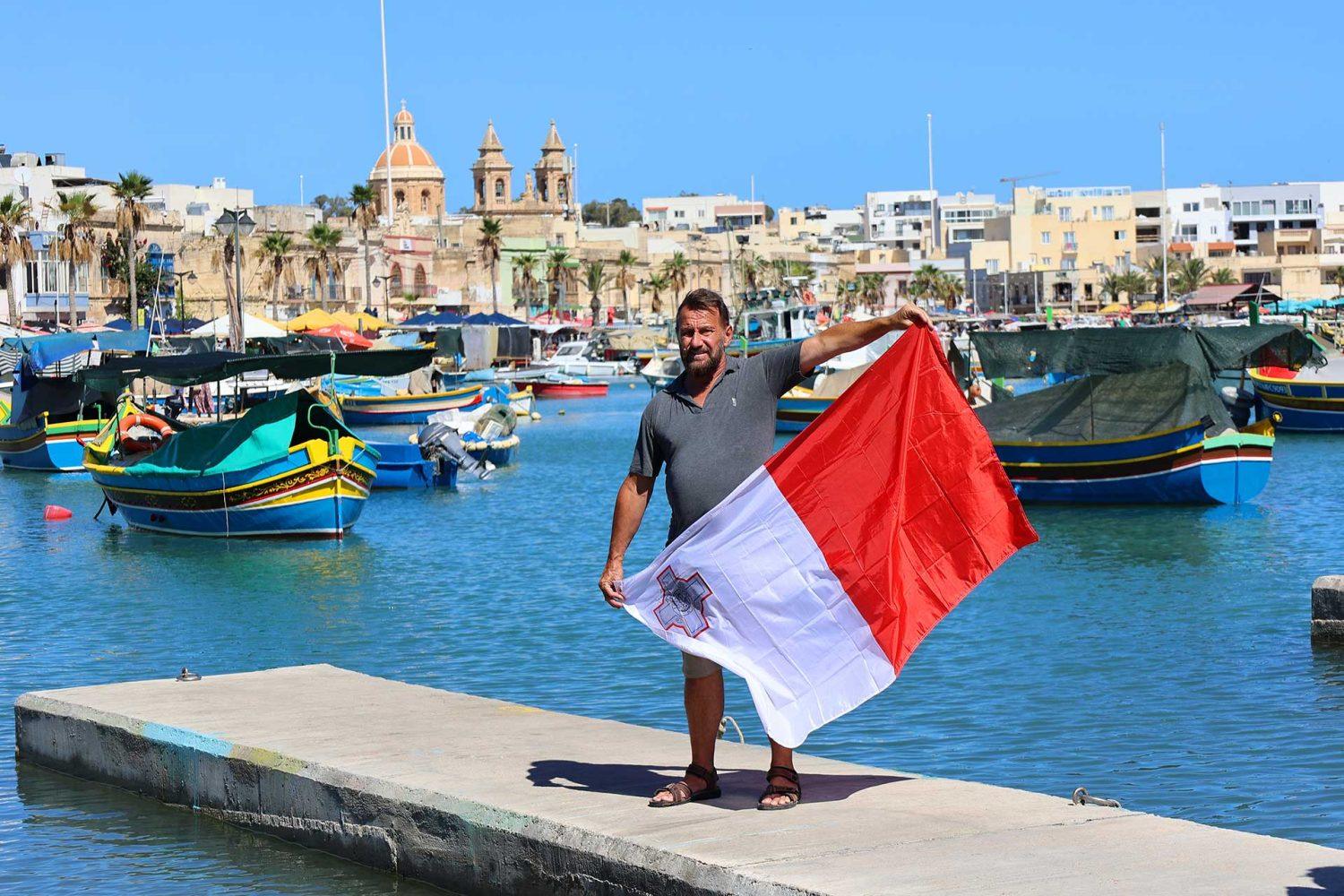


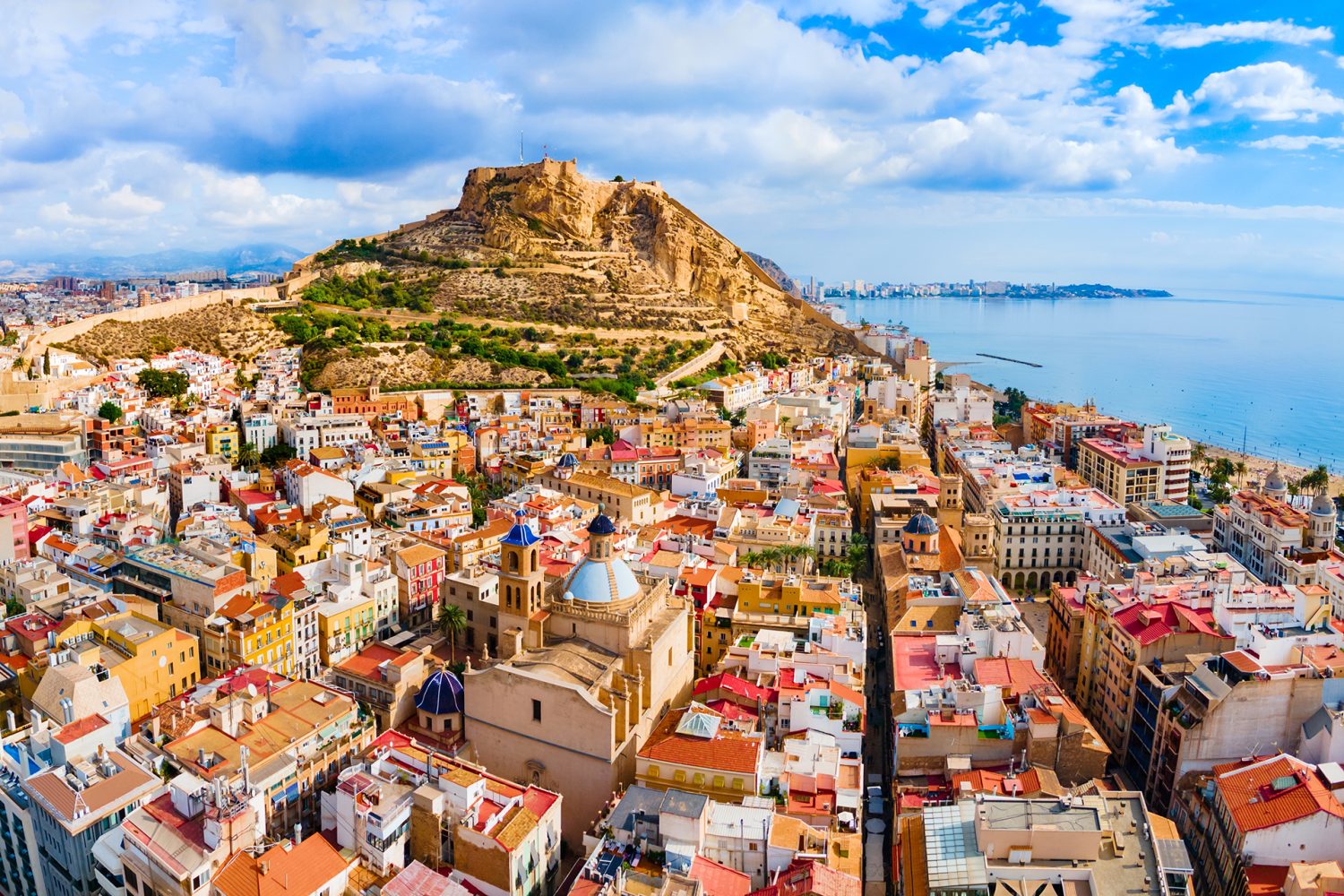
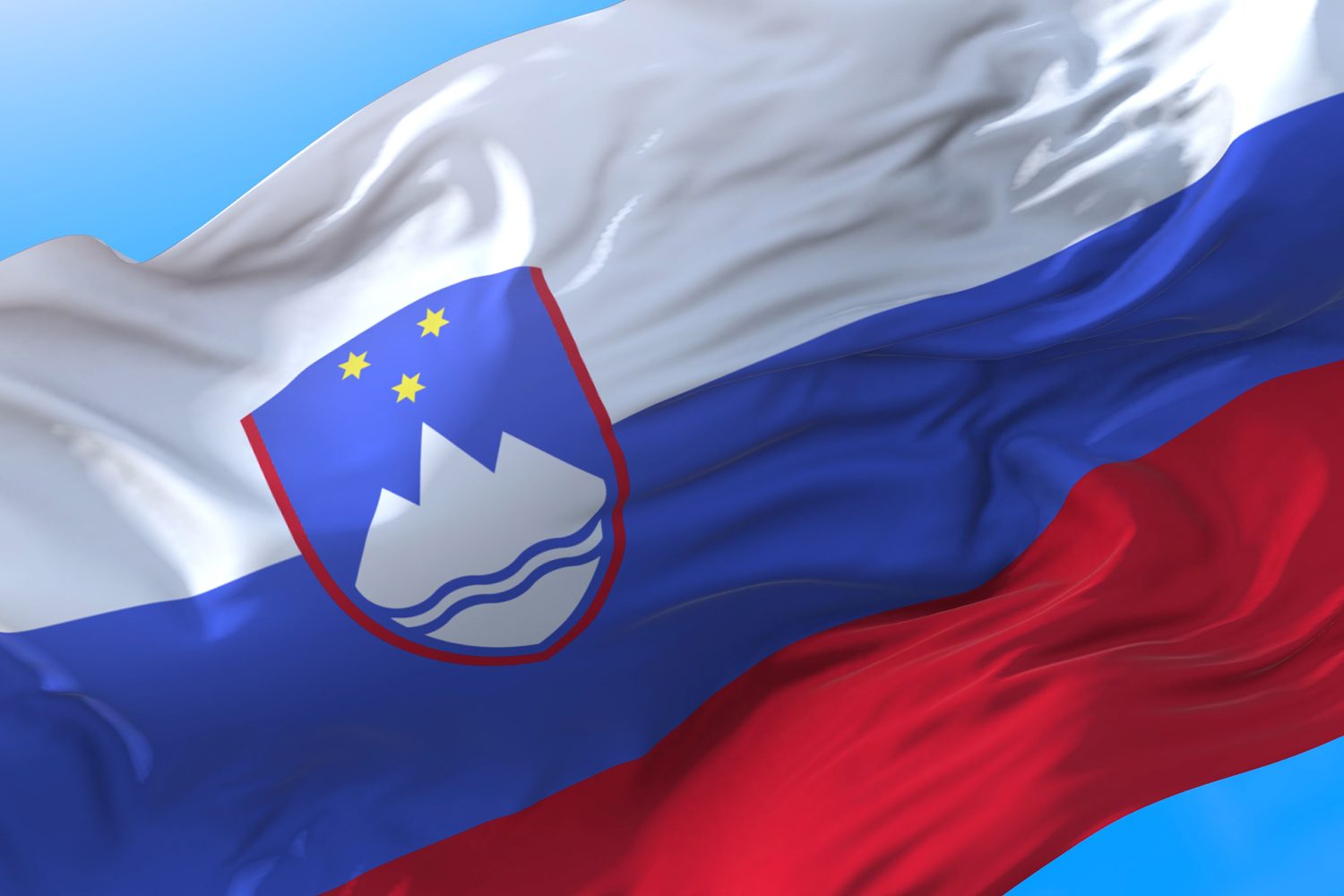

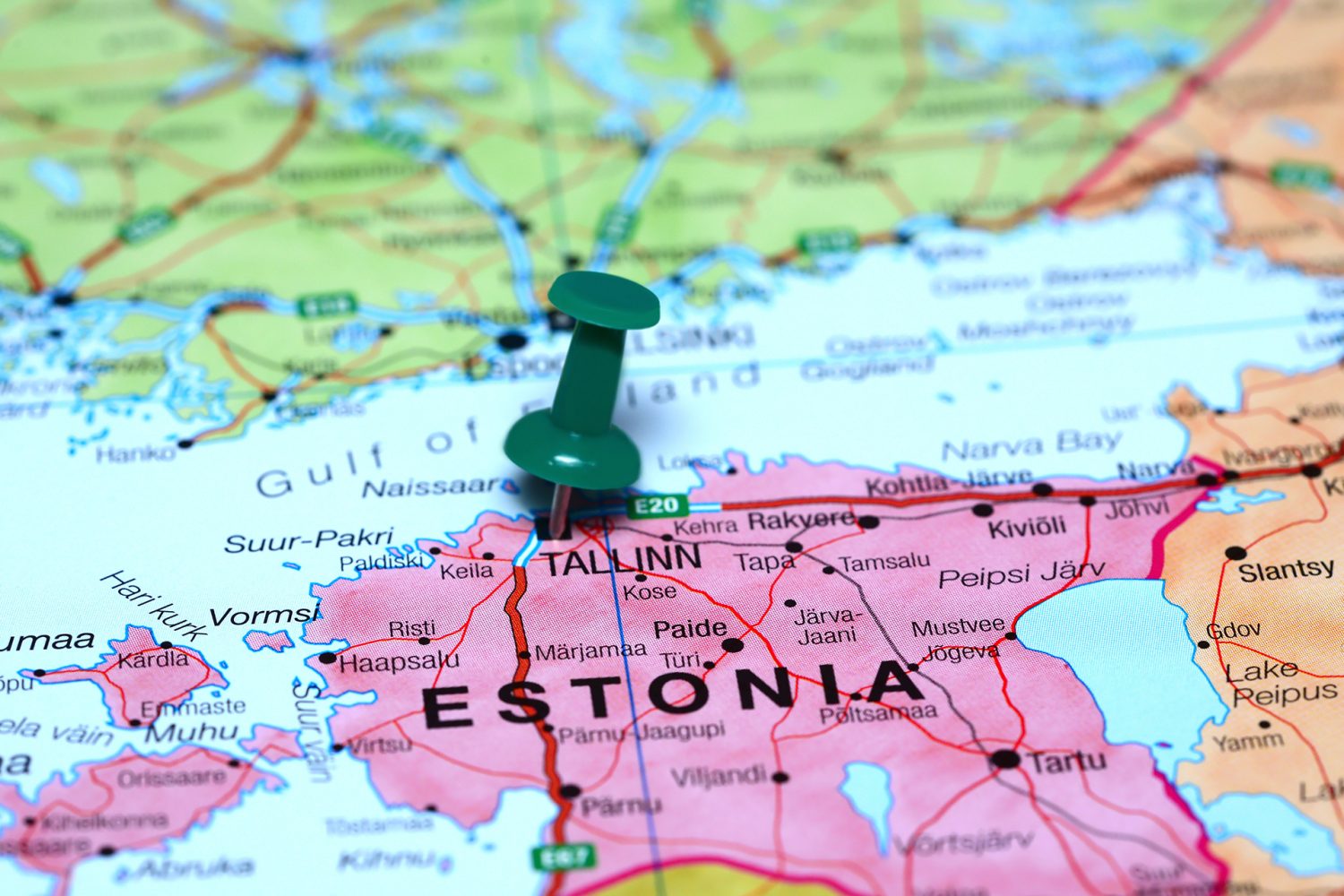
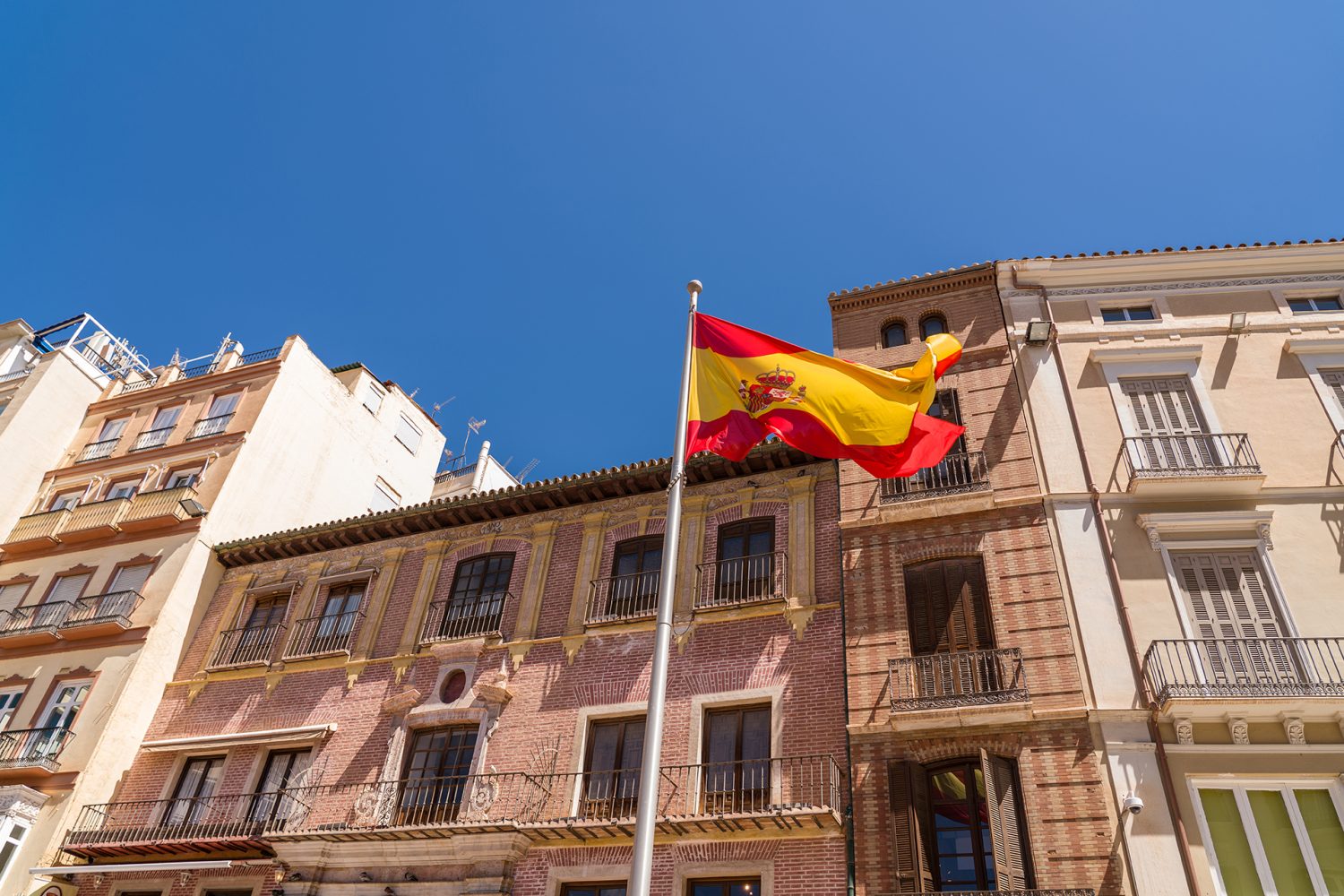
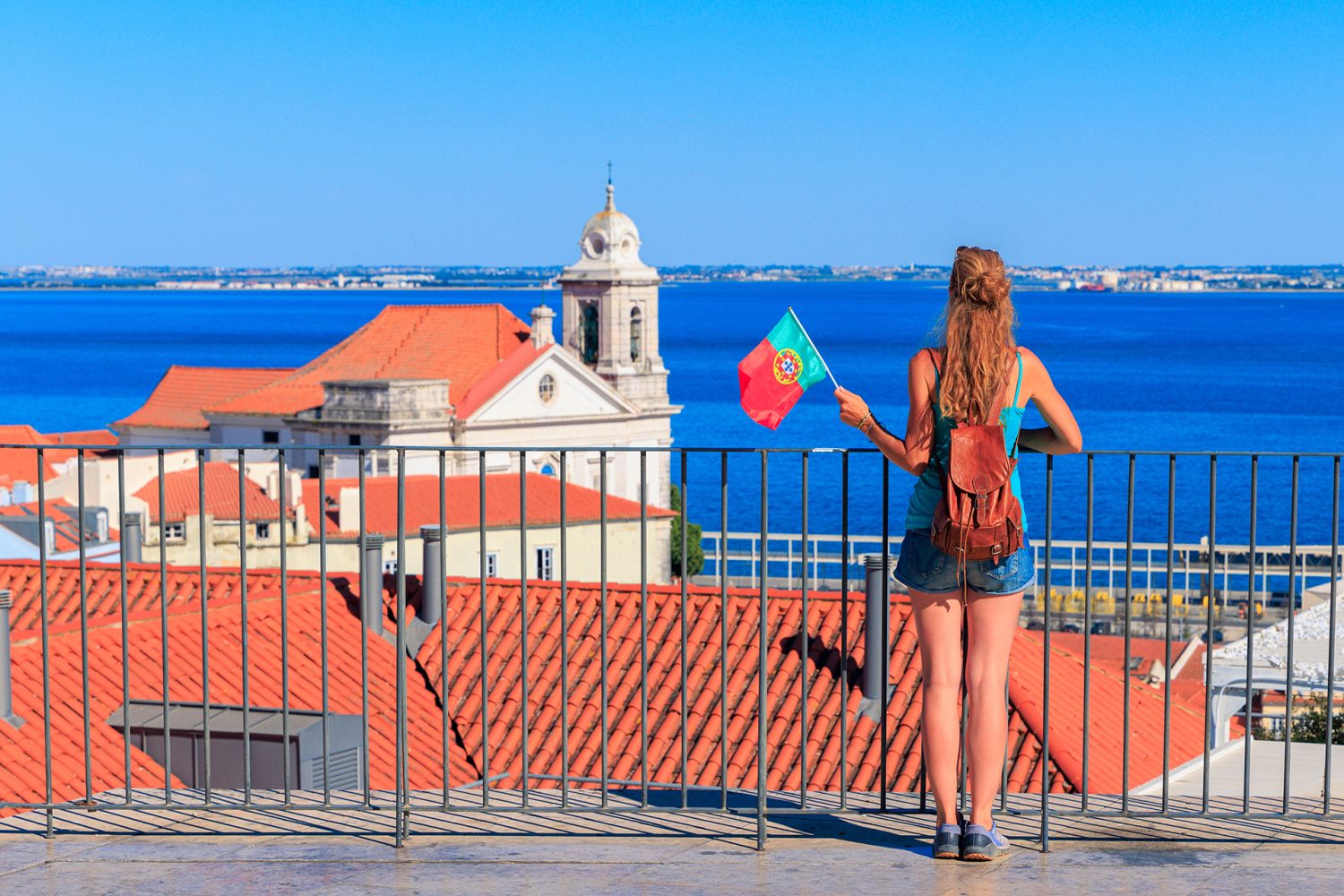

Maria Caruana
I’ve been renting here for years, paying taxes, and have a steady job. Do I still need to invest in property to get permanent residence?
Diana Weber
Yes, unless you qualify for long-term residency through continuous EU residence, you’ll need to meet the investment criteria under the Malta Permanent Residence Programme. Owning or renting a qualifying property is mandatory, even if you’ve already lived here for years. The government views it as proof of commitment to stay. Many long-term expats choose the rental option to simplify the process.